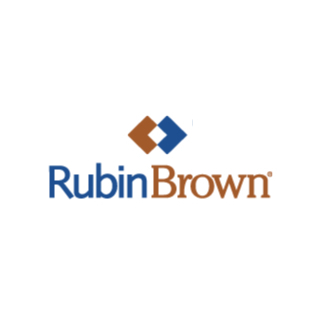Focus on Taxation: Preparing for the Shuttered Venue Operators Grant Program’s Opening Day
Focus on Taxation: Preparing for the Shuttered Venue Operators Grant Program’s Opening Day
However, several pieces of information were recently posted and/or updated to help potential applicants better understand eligibility and prepare to apply.
An eligibility chart breaks down the program rules in general and for varying business types.
A Preliminary Application Checklist outlines a laundry list of required documentation that will be needed to support grant eligibility, depending upon the business type. The application is still in process, as the checklist notes, and additional information may be required, but this should give applicants a head start.
And the FAQs, which have been steadily changing for several weeks, were recently updated providing important new clarifications, including:
- The program is slated to begin accepting applications in early April, but the SBA encourages applicants to monitor the SVO grant webpage for changes.
- Per revisions of the ARP, eligible entities and individuals may apply for both an SVO grant and a PPP loan. However, First or Second Draw PPP loan amounts received on or after December 27, 2020 will reduce an SVO grant amount. This reduction will occur even if such PPP loans are later forgiven and is based on the loan amount. In addition, entities will be ineligible for a PPP loan AFTER they receive an SVO grant.
- If the $16.25B in funding is exhausted in its initial phase, a “zero dollar placeholder” will be created for supplemental awards in the event Congress appropriates additional program funding. This allows recipients of an initial grant the six-month extension to expend grant funds afforded in the supplemental award phase.
- Audited financial statements are not required to apply for an SVO grant, but for-profit grant recipients expending more than $750,000 in Federal funding in one fiscal year can either provide a Single Audit Act audit or submit an audited financial statement for that fiscal year during the audit period.
- Funds may be used to reimburse owners who contributed money personally to pay business expenses.
- Applicants may use either their fiscal or calendar year 2019 earned revenues to determine the award amount for both the Initial and Supplemental Phase awards. Whichever is used for the Initial Phase must also be used for the Supplemental.
- For affiliated entities, only one SVO grant will be awarded per EIN. If the parent EIN is used, that is the entity that must been eligibility requirements.
As opening day nears, applicants can review eligibility requirements and finer points laid out in the FAQs, and begin gathering documentation as listed in the preliminary application checklist to prepare to submit applications on the newly created SVO grant portal. If eligibility requirements are met, applicants may want to register for a DUNS number and also register in the System for Award Management (SAM.gov) in advance of the program’s start date.
Please contact your RubinBrown representative with any questions or concerns on the SVO grant.
By: Tony Nitti, CPA, MST
Partner-In-Charge
National Tax
609.658.9593
tony.nitti@rubinbrown.com
National Tax
amie.kuntz@rubinbrown.com
Readers should not act upon information presented without individual professional consultation.
Any federal tax advice contained in this communication (including any attachments): (i) is intended for your use only; (ii) is based on the accuracy and completeness of the facts you have provided us; and (iii) may not be relied upon to avoid penalties.
